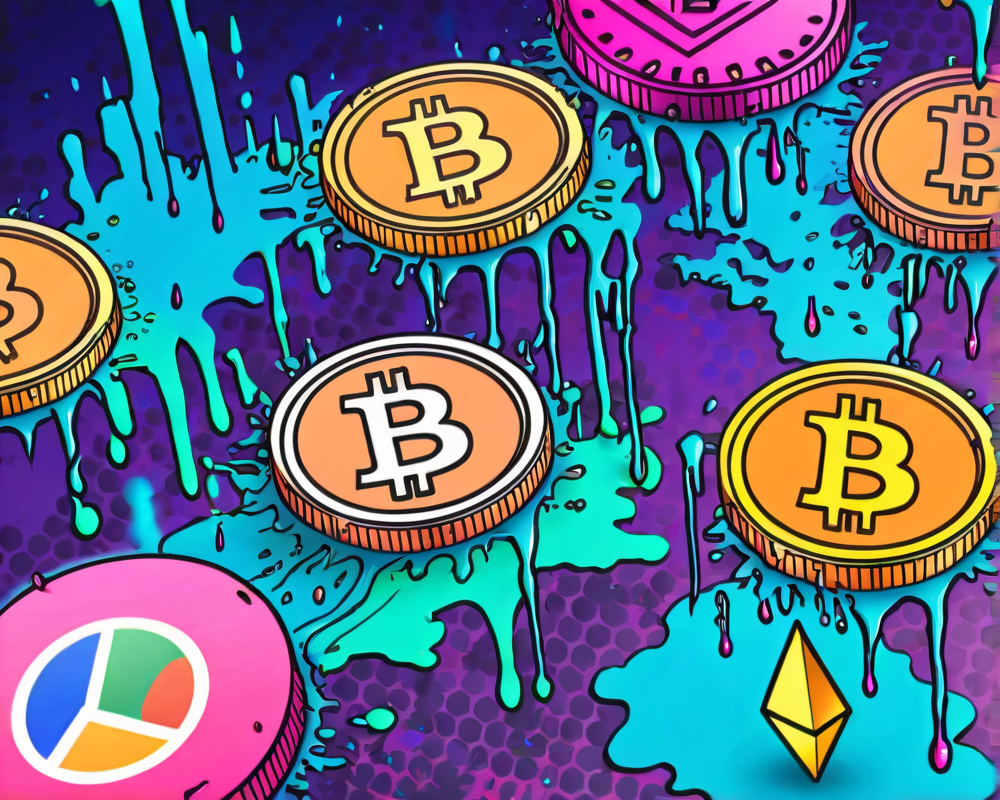The Release of Dark Matter
In a shocking revelation that has stirred the tech world, WikiLeaks unveiled its second batch of data related to the CIA’s spying apparatus, dubbed Dark Matter. This exposé, released a day after tensions reached a peak between Apple and the whistleblowing organization, implies that Apple devices are not only susceptible to breaches but might well be passengers in a CIA surveillance vehicle.
Apple’s Response: A Clash of Statements
The Cupertino giant swiftly rejected WikiLeaks’ assertions, claiming to have patched the vulnerabilities highlighted. However, WikiLeaks countered this assertion, branding Apple’s claim of having “fixed” the issues as “duplicitous.” They argued that the security flaws pointed out are a fundamental flaw in Apple’s system architecture rather than mere transient glitches.
“Apple’s claim that it has ‘fixed’ all ‘vulnerabilities’ described in DARKMATTER is duplicitous,” WikiLeaks remarked on Twitter.
Back Doors and Supply Chain Interference
The implications surrounding Dark Matter are staggering. According to the disclosures, the CIA allegedly embeds secretive back doors into Apple products, allowing for covert monitoring of users. This disturbing notion implies that the devices we cherish for their security might double as listening devices in the hands of unseen foes.
Risks Turn Universal
Furthermore, the CIA purportedly leverages the entire supply chain of Apple to manipulate devices before they even reach consumers. Consider the possibilities:
- Intercepting mail orders.
- Infiltrating shipments of products.
- Infecting devices before they even turn on for the first time.
Kim Dotcom Weighs In
Entrepreneurially outspoken, Kim Dotcom shared his skepticism towards Apple’s credibility post-WikiLeaks’ document drop. His Twitter account became the battleground for musing about the plausible complicity of tech giants in government surveillance efforts:
“Apple statement is not credible. Obviously @CIA is more advanced now than in 2013,” Kim remarked.
The Bigger Question: What Does This Mean for Consumers?
As consumers, we are left contemplating on privacy, trust, and technology. If devices we rely on are part of surveillance tactics, who can we trust? The discussion around privacy has hit critical mass, and it’s not just about what tech companies tell us—it’s about what secrets are being kept from us.
With trust in major tech companies waning, individuals must ask: What are the steps to safeguard personal privacy? A world where our devices are potentially compromised creates a daunting atmosphere, provoking necessary discussions about security, ethical practices, and the integrity of companies we support.




